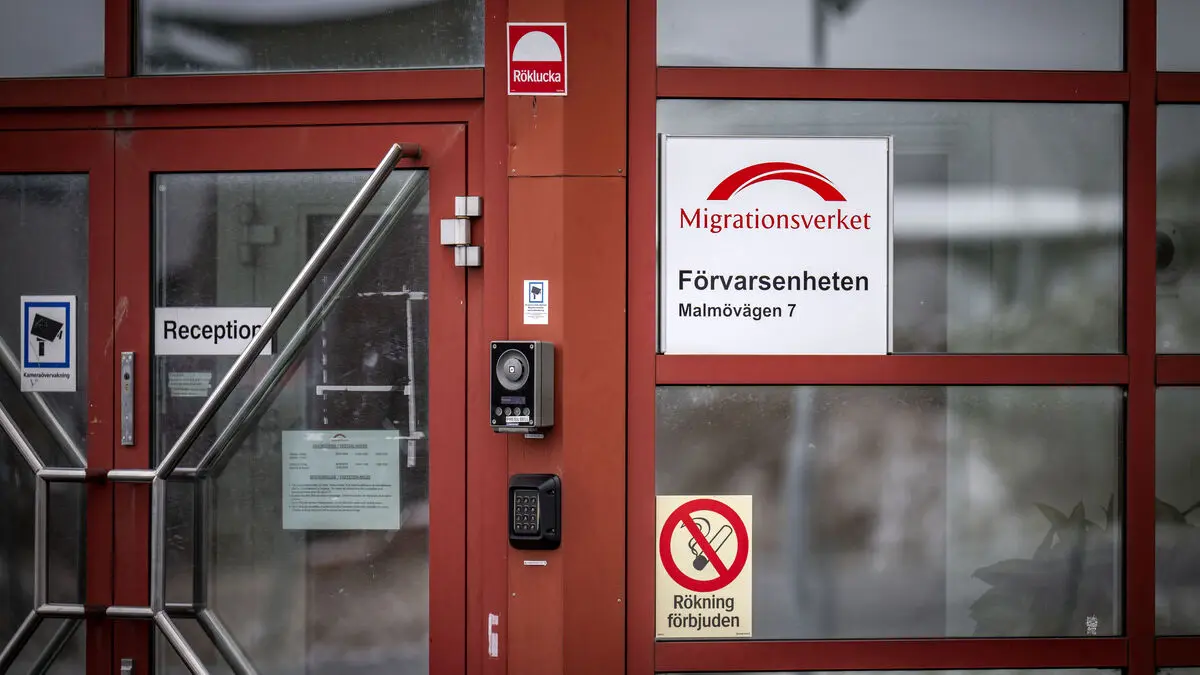The Swedish National Audit Office has examined the Swedish detention centers. There, foreigners who do not have permission to reside in Sweden can be placed in order to be deported or expelled. The detention centers are located in six locations in Sweden: Gävle, Märsta, Flen, Mölndal, Åstorp and Ljungbyhed.
The audit shows that both the Migration Board and the Police Authority have major shortcomings in the management of the operations.
The National Audit Office notes that the repositories cost one billion kronor in 2024. And the overall conclusion is that the operations are not working efficiently.
Into the shadow society
The authorities do not work strategically to prioritize which people to take into custody, which means that some must be released to make room for others.
The Migration Board also does not ensure that the detention facilities are run in a legally secure and cost-effective manner, according to the Swedish National Audit Office.
Both the police and the Migration Board can decide whether a person should be taken into custody. However, the police do not effectively assist the Migration Board with assistance when a person needs to be transported to the detention center, according to the report.
"This can lead to the person deviating and becoming part of the shadow society," writes the National Audit Office.
“Justified criticism”
All three actors – the Swedish Migration Board, the Swedish Police Authority and the government – are urged to take action, including developing a prioritization system for how detention facilities should be used.
It is justified criticism. The entire return policy has been too lax, says Migration Minister Johan Forssell (M).
He says that the government has addressed the problems of an unsafe and insecure environment in the repositories by, among other things, allowing searches and the installation of metal detector arches.
In many ways, the problems are also about the fact that the number of repository places has been too few, says Forssell, pointing out that the places will increase from today's 650 to around 1,000 by 2030.
Repositories will become more important in the future.






